STIs and Sexual Health
Social Media Toolkit
Being sexual can provide many physical, emotional and spiritual benefits, including physical fitness, emotional bonding, and a feeling of spiritual connection. Understanding how to prevent STIs is an important part of being sexually health and enjoying the benefits of sexual activity.
Promoting sexual health and STI prevention is relevant any time, but there are specific observations recognized where this content is even more relevant. These include:
- STI Awareness Month (April)
- World Sexual Health Day (September 4)
- Sexual Health Month (September)
- Herpes Awareness Day (October 13)
2023 Sexually Transmitted Infections (STI) Surveillance
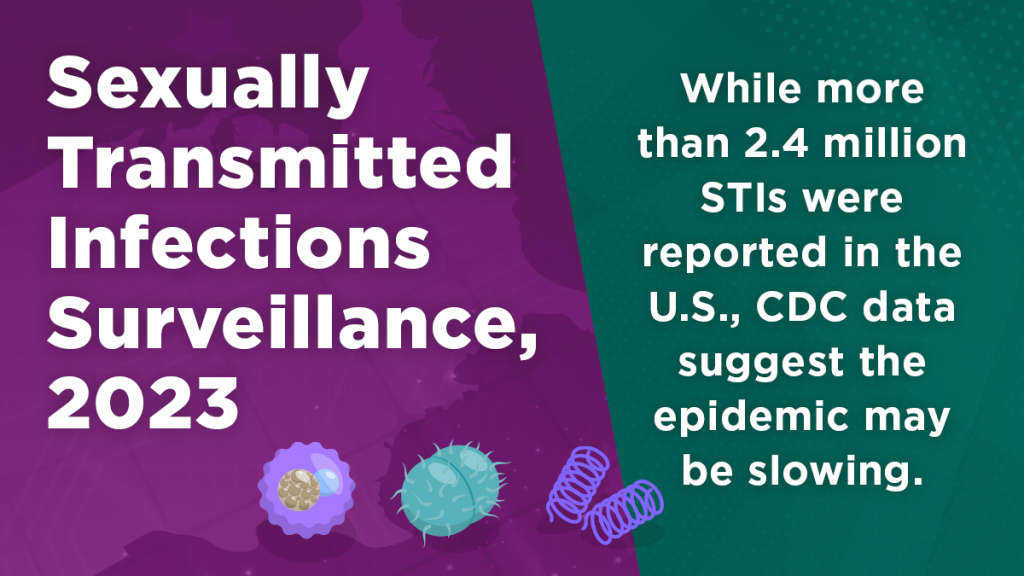
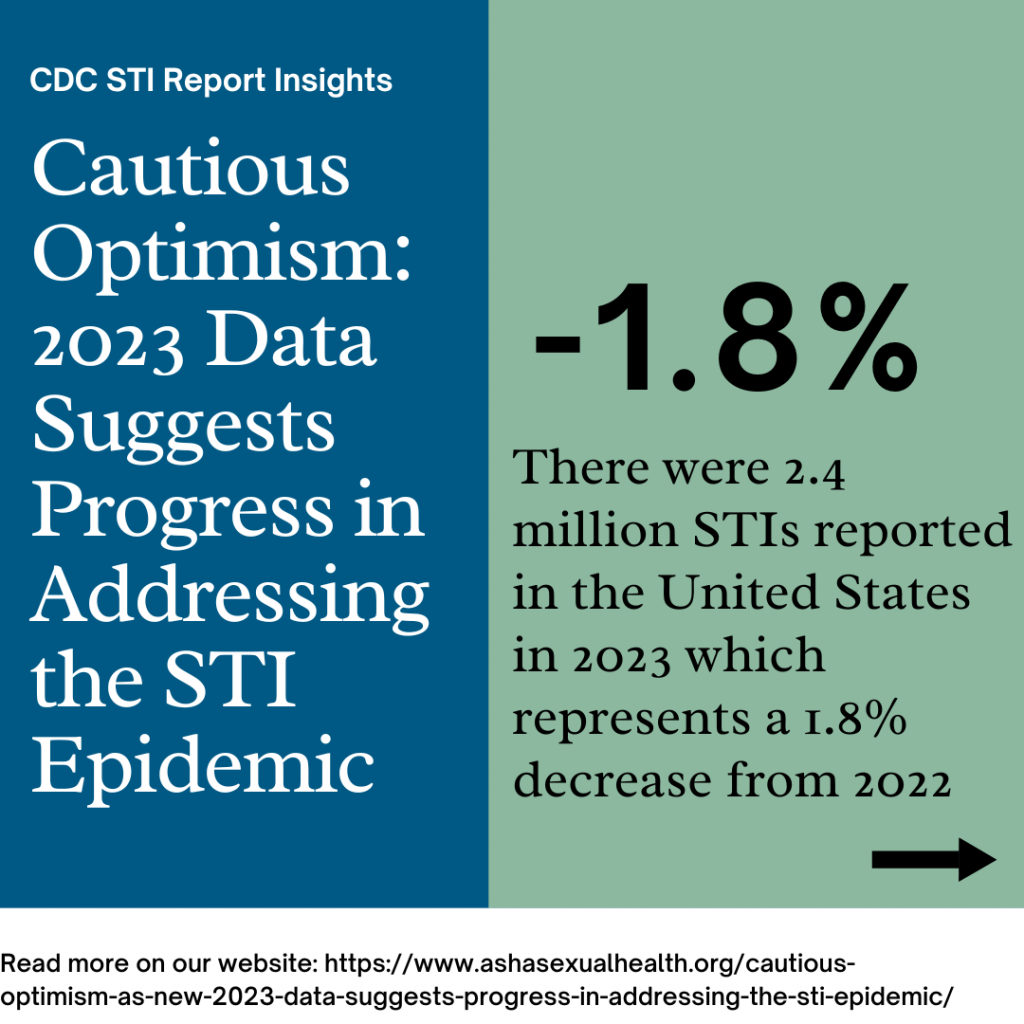
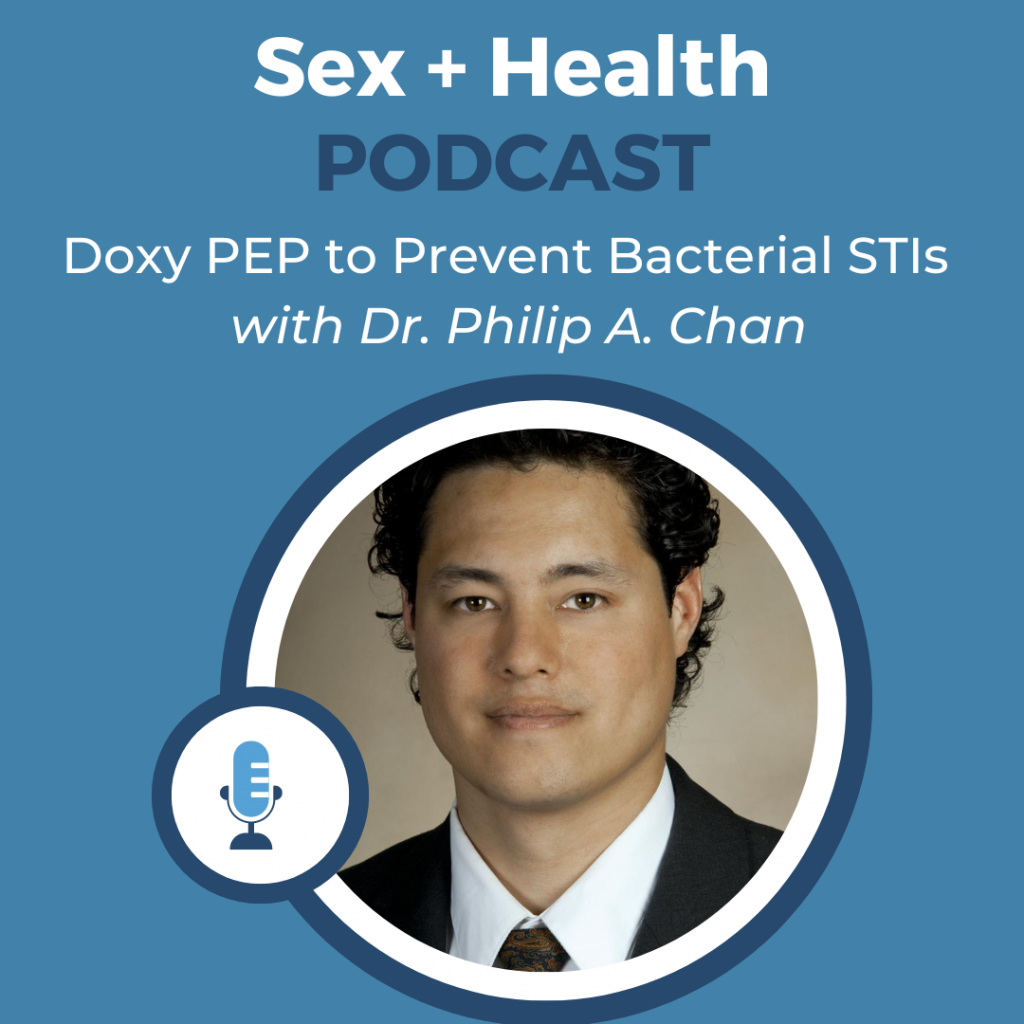
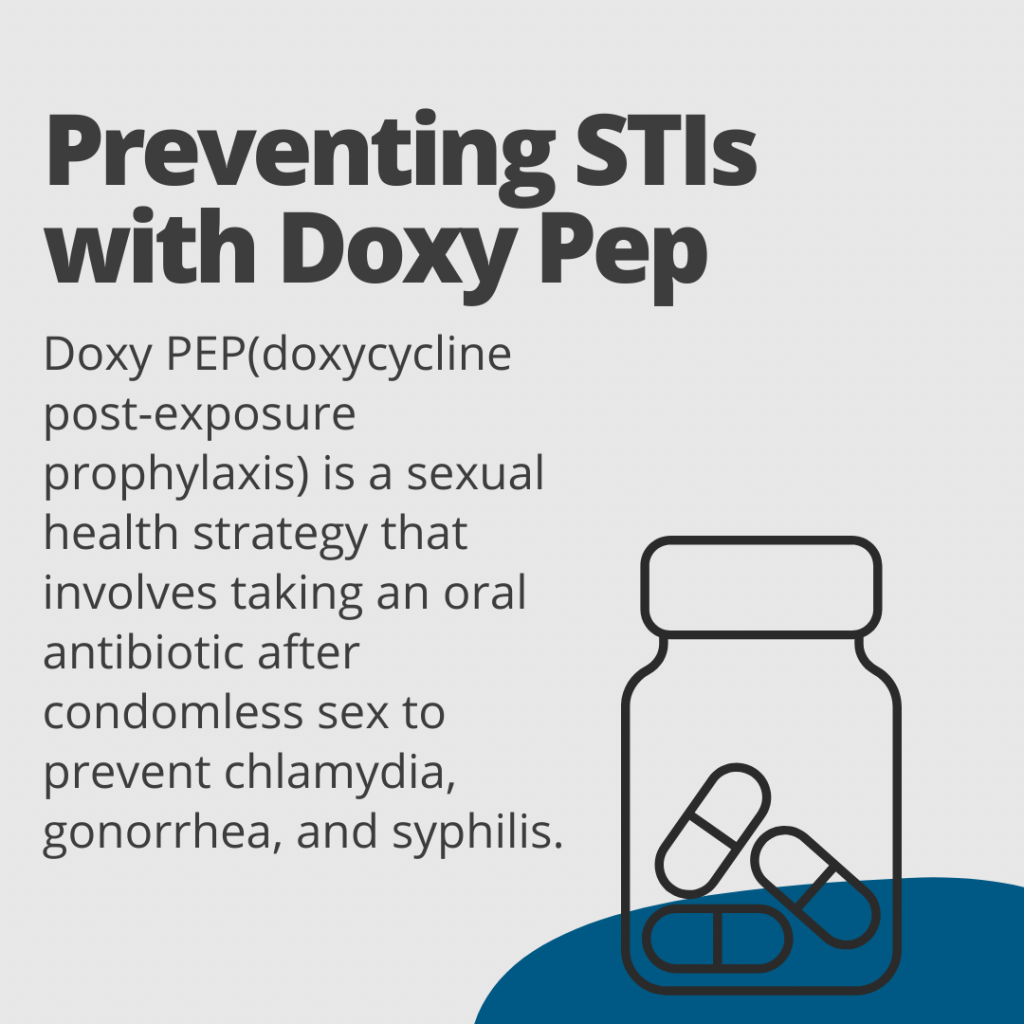
@CDCSTD has released guidelines for using doxycycline to prevent the spread of certain bacterial SIDs. But what is doxycycline? Who should take it to prevent STIs? Read CDC’s FAQ for the scoop! https://bit.ly/ASHAdoxypep #DoxyPEP #ISpeakSexHealth

Shortage of Only Eye Ointment to Protect Newborns from Gonorrhea-related Eye Infections Requires Alternative Options. https://tinyurl.com/u6har2hb #ISpeakSexHealth

Vampire facials were confirmed as the cause of at least three HIV infections. https://tinyurl.com/35wu6567 #ISpeakSexHealth

If you’re diagnosed with an #STI like #chlamydia or #gonorrhea the most important thing is getting treatment. You might be able to get treatment for your partner, too. Talk to your health care provider. After all, it’s YOUR health. #TalkTestTreat #ISpeakSexHealth

Syphilis cases jumped 80% in the last five years. @CDCSTD says we must expand STI delivery & care beyond traditional healthcare settings to meet people where they are. #ISpeakSexHealth

#ISpeakSexHealth

Clinics are struggling to obtain the only drug approved to treat syphilis during pregnancy.https://bit.ly/pregnancy-syphilis #ISpeakSexHealth

#Trich is one of the most common curable STIs in the U.S. and affects more than 2 million people each year! Take charge of your sexual health, get the facts about trich and other STIs, and talk with your health care provider. https://bit.ly/Trichomoniasis #ISpeakSexHealth

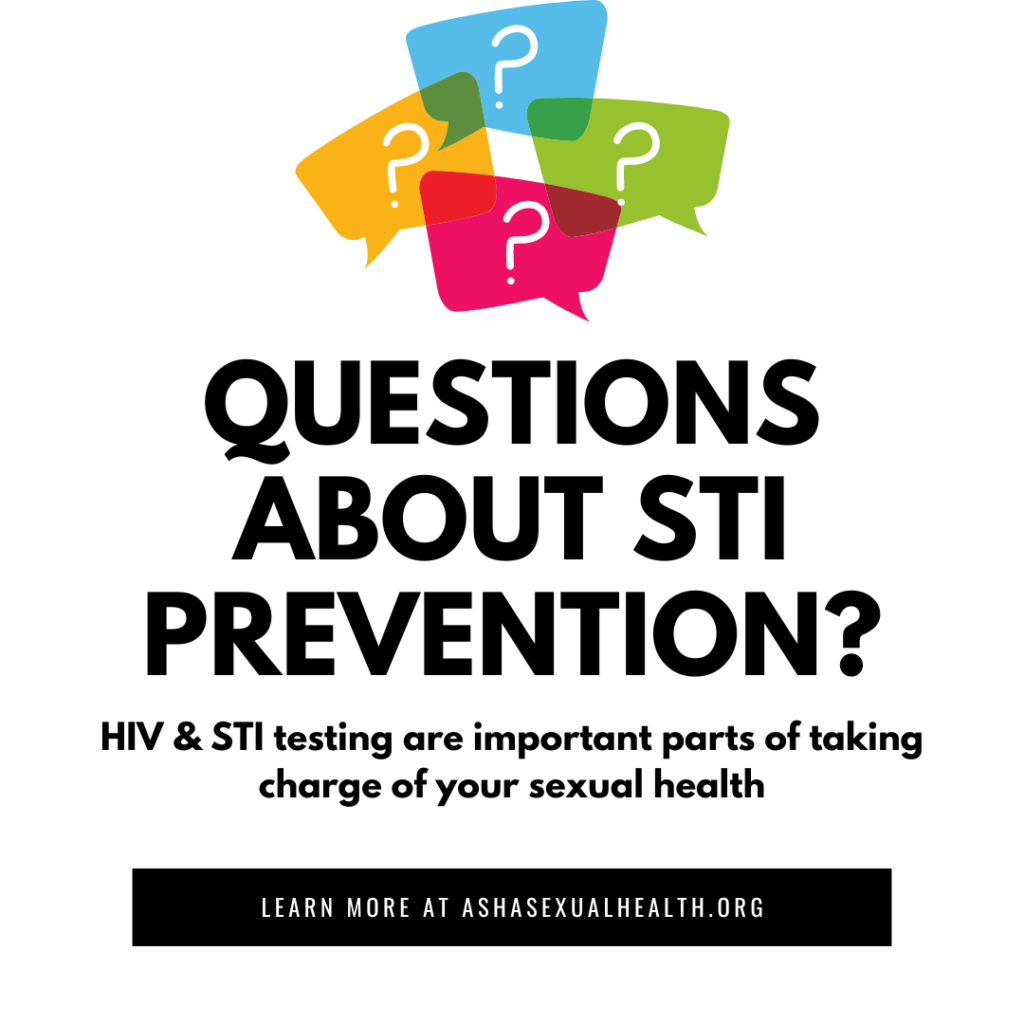
Unsure of when or what STI tests are right for you? Taking charge of your sexual health can be confusing, but these tips can help you get started. https://bit.ly/ASHASTItesting #ISpeakSexHealth
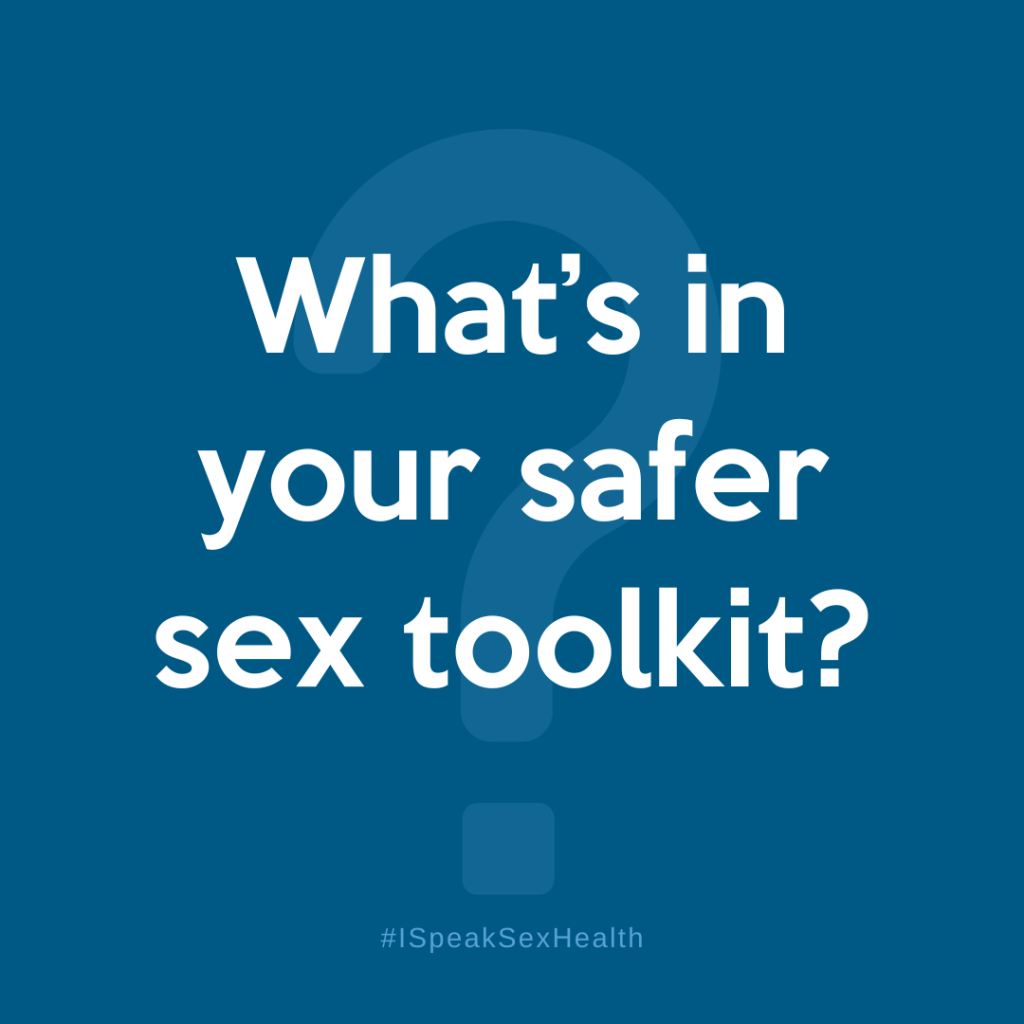
Lots of tools in this safer sex box. Testing, Treatment, & Vaccines? Check! Condoms & lube? You bet! Talking with your partner about boundaries & the type of relationship you want? Yes! https://www.ashasexualhealth.org/safer-sex-toolbox/ #ISpeakSexHealth

There are many approaches to diagnosing herpes, but not all are created equal. In this 2 part podcast herpes expert Terri Warren, RN, ANP, discusses diagnostic tools as well as managing herpes in a relationship. https://bit.ly/managingherpes #ISpeakSexHealth

Prevention, screening, and treatment are all important parts of the safer sex toolbox. What’s in your toolbox? https://bit.ly/safersextoolbox #ISpeakSexHealth
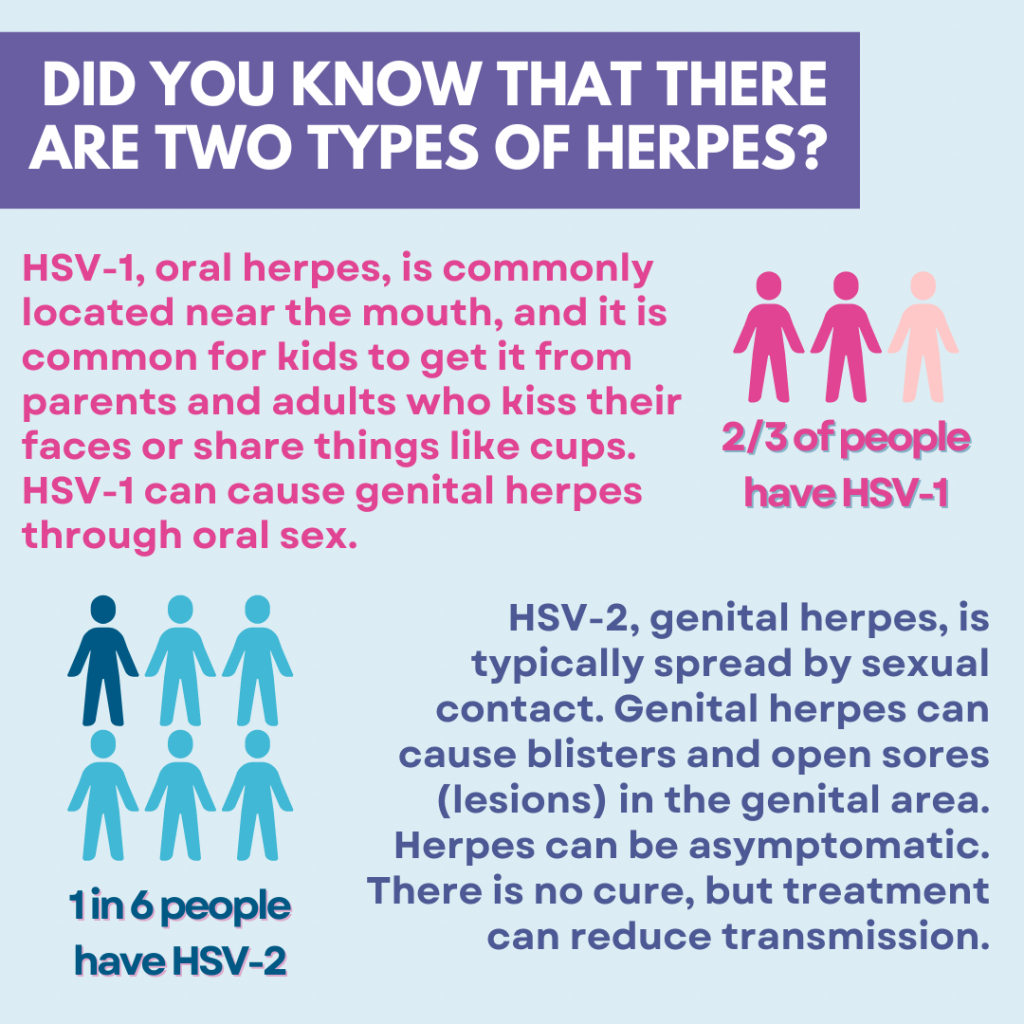
- herpes is common
- disclosure is important
- can be transmitted with no symptoms
- herpes is manageable
- it does NOT have to get in the way of relationships
- there is NO “natural/herbal” cure
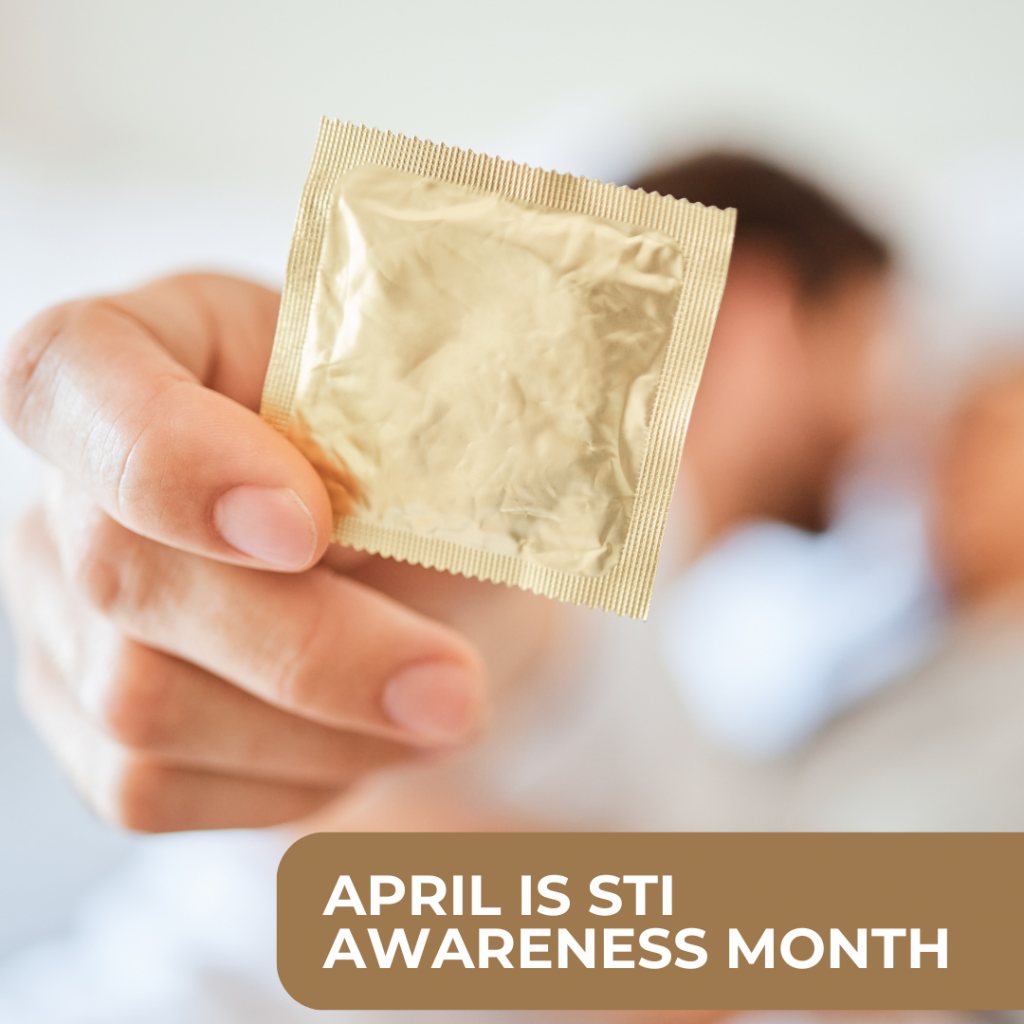
April is STI Awareness Month! Learn how you can take charge of your sexual health at https://bit.ly/STImonth24 #STIweek #STIAM #ISpeakSexHealth

Screening, prevention, and treatment are all part of taking charge of your sexual health! #STIweek #IspeakSexHealth #STIMonth https://bit.ly/April-STIAM

Talking to your partner about screening and prevention are key pieces of STI prevention. For tips on talking to your partner, head to https://bit.ly/PartnerTalkASHA #STIweek #STIAM #ISpeakSexHealth

#DYK that condoms are the only contraceptive that can also protect against STIs? https://bit.ly/condomASHA #STIweek #STIAM #ISpeakSexHealth

April is STI Awareness Month, a great time to check in on your sexual health. To learn more about STI screening check out https://bit.ly/April-STIAM #STIweek #STIAM #ISpeakSexHealth

YES to Sex? #YESmeansTEST! Get the facts on STI testing-it’s way easier than you’d think. yesmeanstest.org #STIweek #STIAM
The Retro Quiz Series
This series of posts would be great to share during STI Awareness Month in April. They point to more information on several STIs. If you’re not sure of any of the answers, just click the link in the post—you’ll find the answer there.
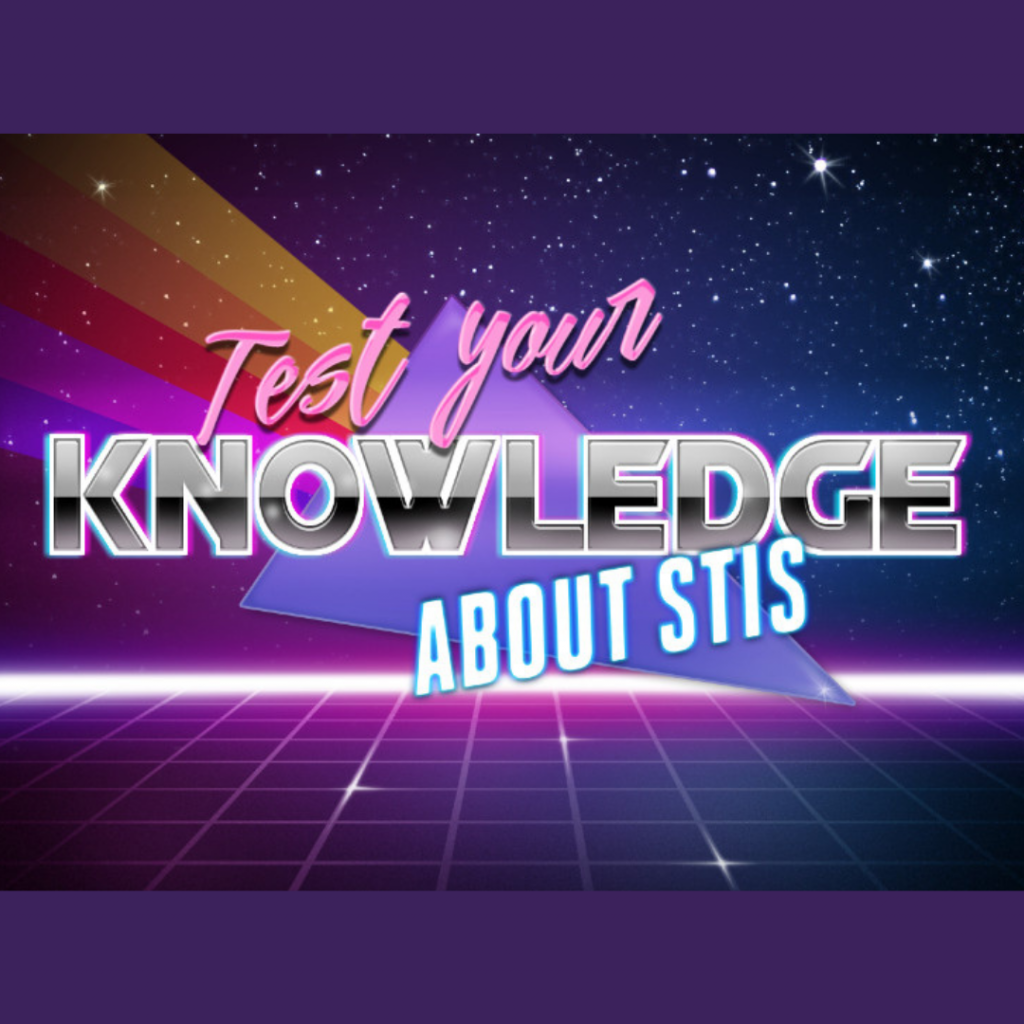
The More You Know…about STIs, the more you can take care of your health. And taking care of your health is rad. Totally. You can study up on STIs here: bit.ly/STIs_a_to_Z #STIsinthe80s

People talked about “the clap” in the 1980s, but this nickname dates back at least to 1587 when the term appeared in a collection of English poems. Visit https://bit.ly/3G0892s for the answer. #STIsinthe80s

Unlike other STIs we’ve talked about for centuries, this STI was only discovered in the early 1980s. What’s this new kid on the block? Find out here: bit.ly/3TV9r4e #STIsinthe80s

Fear-mongering headlines about this STI reached a fever pitch in the 1980s. Hint: It’s not HIV. It’s a common infection that about half of all people have. See bit.ly/3M58h4r for the answer. #STIsinthe80s

In the 1980s, a German virologist named Harold zur Hausen discovered the link between this STI and cancer. Think you know it? Check this link to find out: bit.ly/3M4BI6F #STIsinthe80s

The first official recommendations on the use of a vaccine for this viral STI were in 1982. Have you been vaccinated? See this link bit.ly/3G0EuGc for the answer. #STIsinthe80s